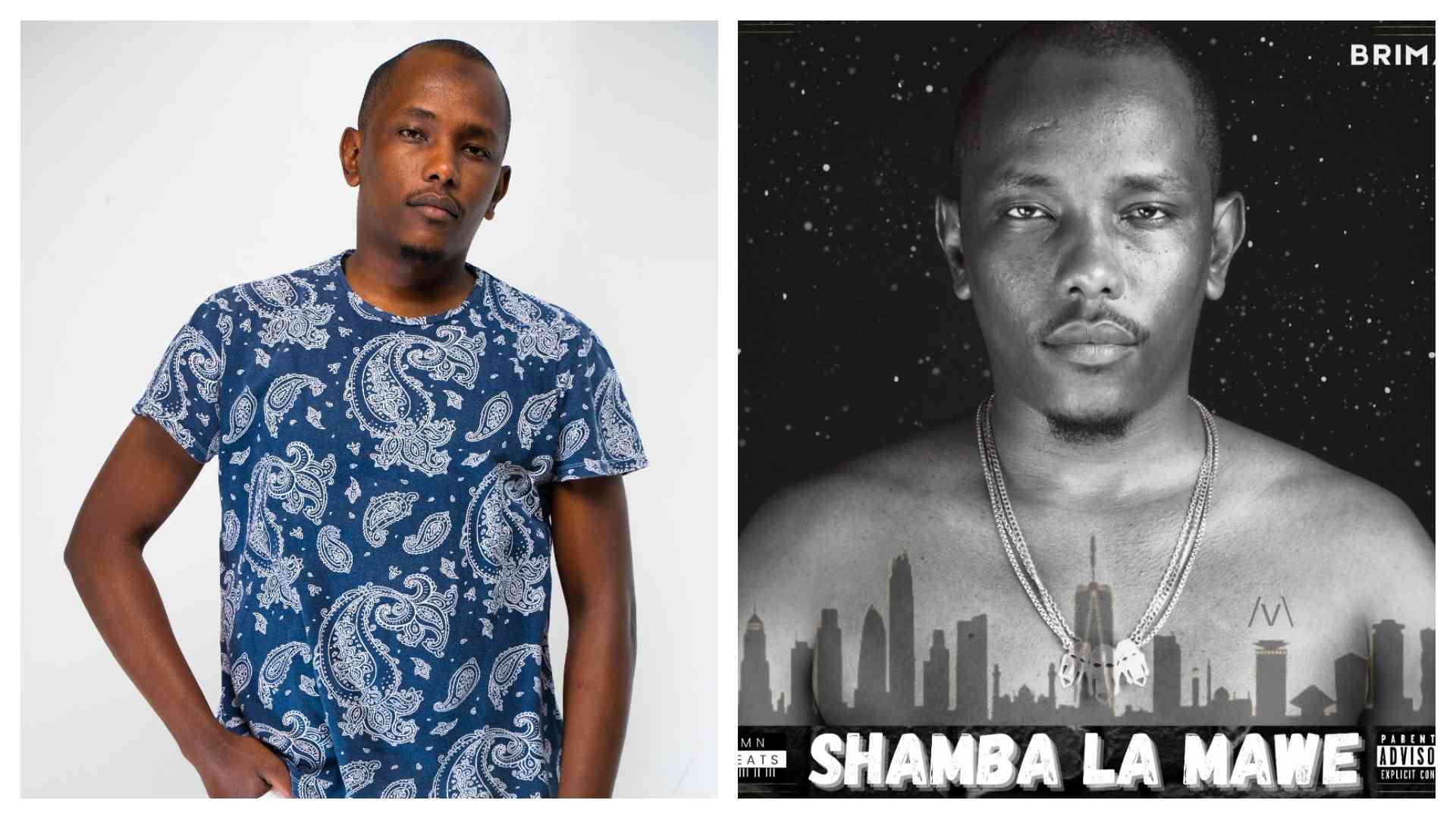×
The Standard e-Paper
Stay Informed, Even Offline

Who is Brima?
I am a rapper, lyricist and wordsmith who blends raw street narratives with therapeutic music designed to uplift the listener. I am a founder member of Maovete, a hip-hop duo celebrated for conscious music. In a nutshell, I am rooted in the hip-hop culture, with a deep love for the art of storytelling.